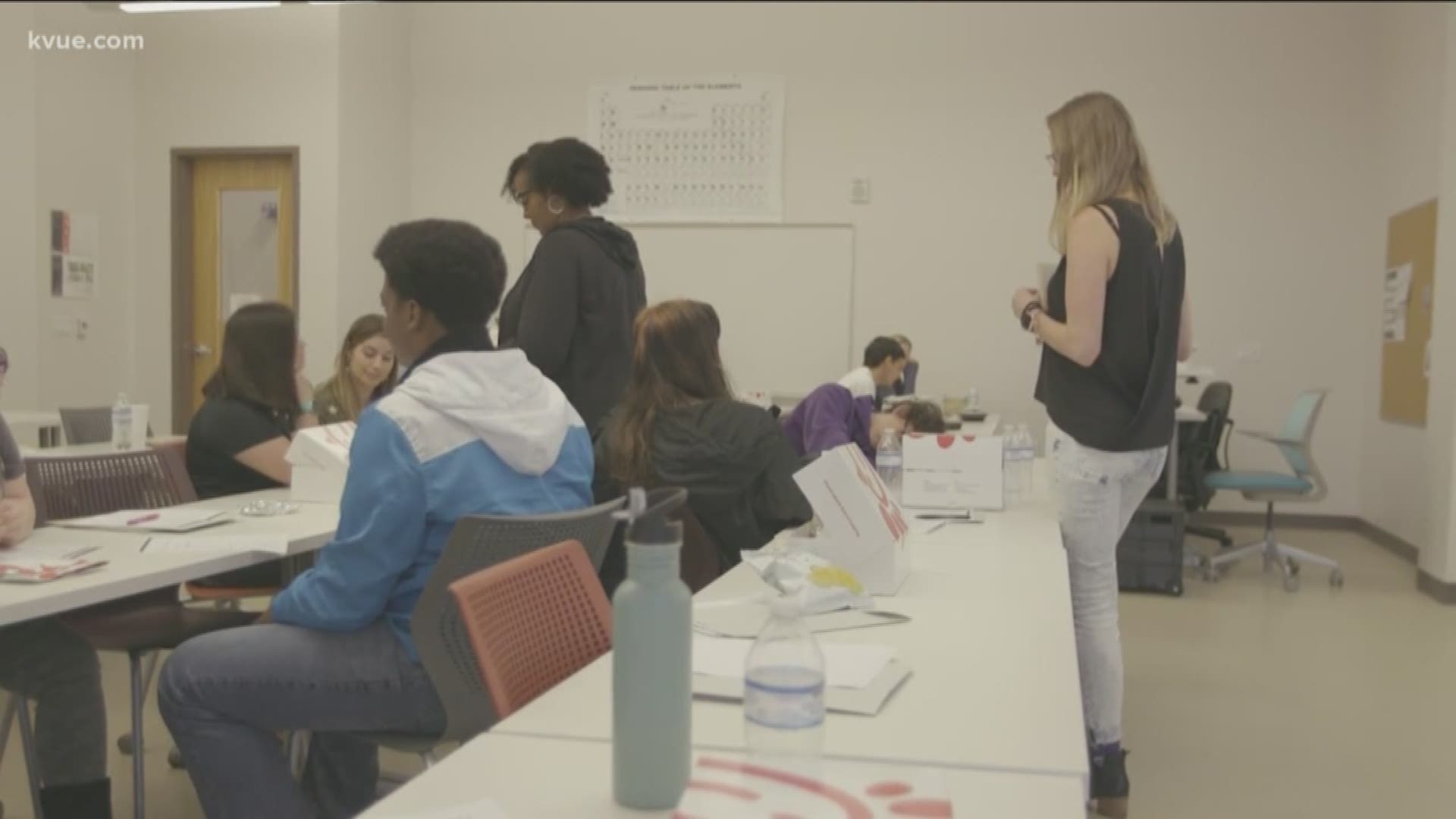AUSTIN, Texas — Editor's note: KVUE is recirculating this article in light of Giving Tuesday, a movement aimed at helping people and organizations in your community on the Tuesday after Thanksgiving.
As many turn to help others during difficult times, the Federal Trade Commission (FTC) warns against COVID-19 charity scams. The FTC said scammers will often take advantage of fears during times of disaster to prey on donors' generosity.
To help avoid these scams, The Charity Navigator, an independent charity evaluator, compiled a list of ways to ensure your donations are going to reputable charities to support communities suffering from the COVID-19 pandemic.
Here are a few steps to take to avoid scammers:
1. Is the charity a registered public 501(c)(3) organization?
Ask the charity for its federal employer identification number (EIN). While many charity names can be similar, no two charities will have the same EIN. Once you have this number, you can search for the charity through the IRS.
2. Ask them about their mission, goals and history
If the organization is unable to answer these questions, that is a red flag. The Charity Navigator said any legitimate organization will take time to answer your questions, and if it refuses, take your donation elsewhere.
The FTC said scammers use illegal robocalls to pitch everything from fake coronavirus treatments to work-at-home schemes. These recordings often will tell you to press a number to speak to a live operator or get off of their call list, but the FTC said this might lead to more robocalls.
The FTC also said don’t click on links from sources you don’t know. These links could download viruses onto your computer or device.
RELATED STORIES:
3. Research the charity yourself
Try to find the charity's website. While some scammers will set up fake websites, look for the nonprofit's EIN on the website. Most nonprofits will have a .org website, not a .com.
The FTC recommends when looking for a charity to support, utilize phrases such "best charity" or "highly-rated charity" in your search. Also search the charity name plus "complaint," "review," "rating" or "scam."
4. Be aware of scammers' tricks
The FTC said if you notice any red flags, or if it is unclear how a charity will use the donation, consider giving to a different charity.
Here is a list of common tricks scammers use:
- Scammers will often try to rush you into making a donation.
- Some scammers try to trick you into paying them by thanking you for a donation you never made.
- Scammers can change caller ID to make a call look like it’s from a local area code.
- Some scammers use names that sound a lot like the names of real charities. This is why it is important to do some research before giving.
- Scammers make lots of vague and sentimental claims but give no specifics about how your donation will be used.
- Bogus organizations may claim your donation is tax-deductible when it is not.
- Guaranteeing sweepstakes winnings in exchange for a donation is not only a scam, it’s illegal.
PEOPLE ARE ALSO READING:

